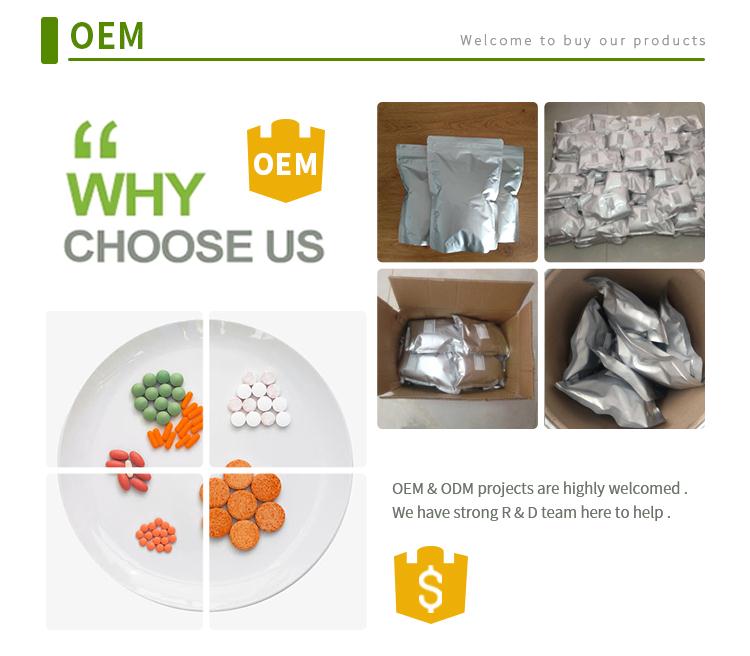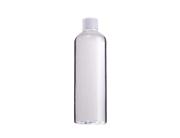Carpofungin acetate for injection is indicated for the empiric treatment of neutropenia in adults and children (3 months and older), suspected fungal infections in patients with fever, and aggressive aspergillosis that does not respond to or is not tolerated by other treatments. Bacteria) have activity in vitro.
Pharmacological action
Carpofengin acetate is a semi-synthetic lipid peptide (echinocandin) compound synthesized from the fermentation product of GlareaLozoyensis. Carpofungin acetate can facilitate the synthesis of beta (1,3) D-glucan, an essential component of the cell wall of many filamentous fungi and yeast. P(1,3) D-glucan is not present in mammalian cells. In vitro pharmacological studies have shown that carpofungin has antibacterial activity against many pathogenic Aspergillus and candida fungi. At present, there is no established standard drug sensitivity test for the detection of β(1,3) D-glucan synthesis inhibitors. And the results of drug sensitivity tests are not necessarily linked to clinical outcomes. In mice and rats, the LD50 of carpofungin administered intravenously ranges from about 25mg/kg to 50mg/kg. Long-term studies have not been conducted in animals to assess the carcinogenic potential of carpofungin. In mice and rats, the LD50 of carpofungin administered intravenously ranges from about 25mg/kg to 50mg/kg. Long-term studies have not been conducted in animals to assess the carcinogenic potential of carpofungin. In a series of in vitro studies, carpofungin was not found to be mutagenic or genotoxic. In addition, in bone marrow chromosome tests in mice, no genotoxicity was found at a net intravenous dose of cappofin up to 12.5mg/kg.
Storage Condition | Keep in a cool and dry place |
Transportation | By Sea or by Air(DHL/UPS/TNT/FEDEX/EMS) |
Delivery Time | 7-28 days |
Payment | T/T, Western Union or Bitcoin |

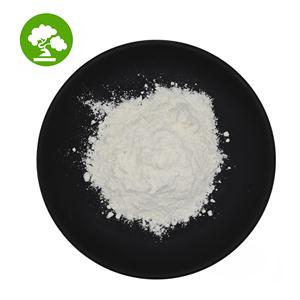

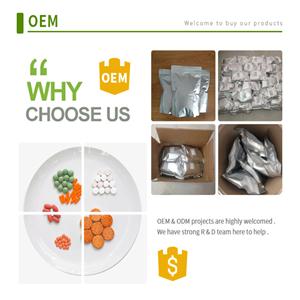
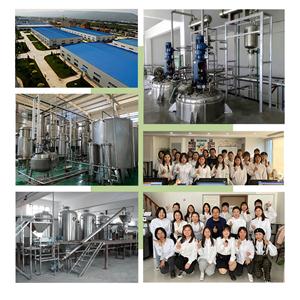


 China
China





